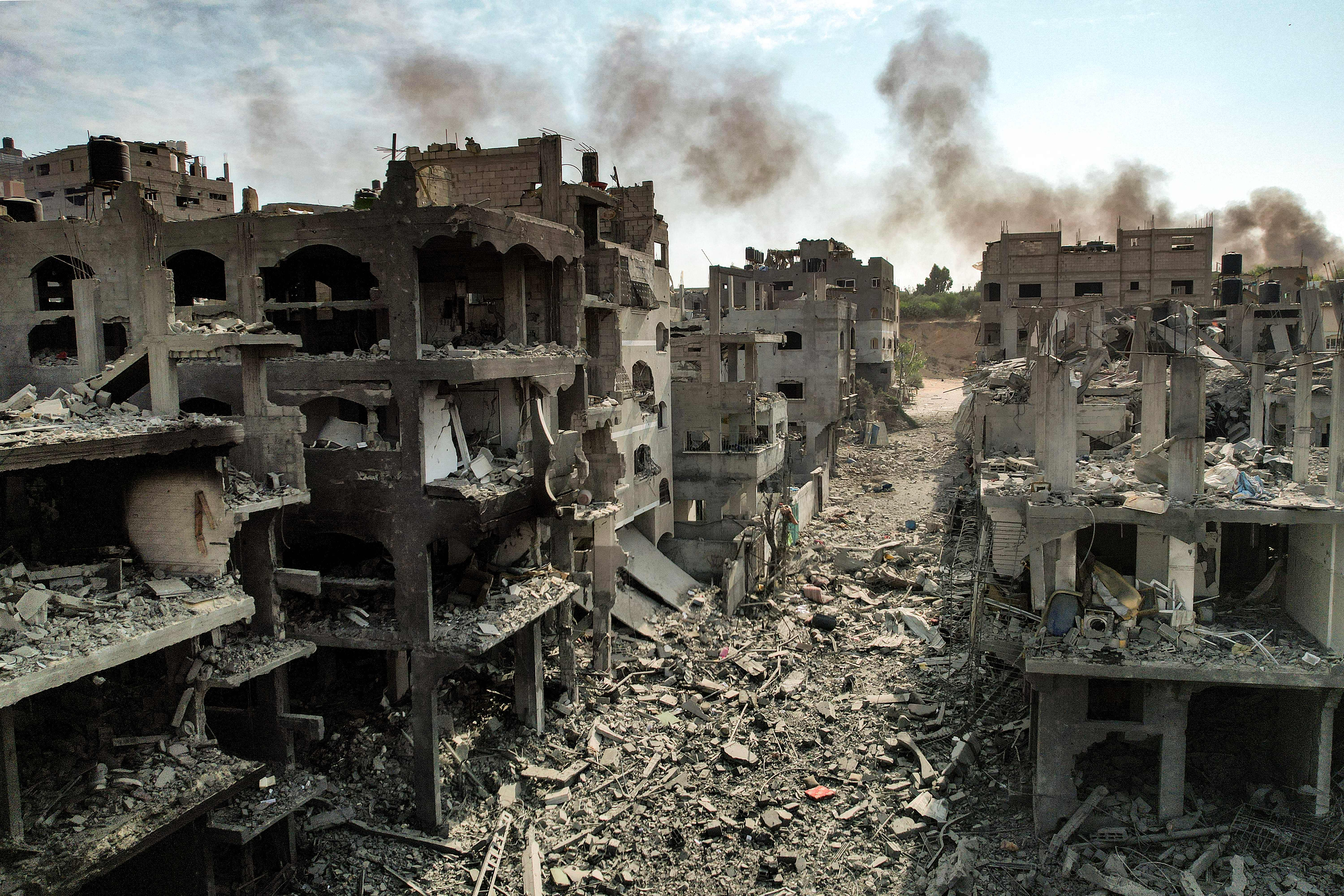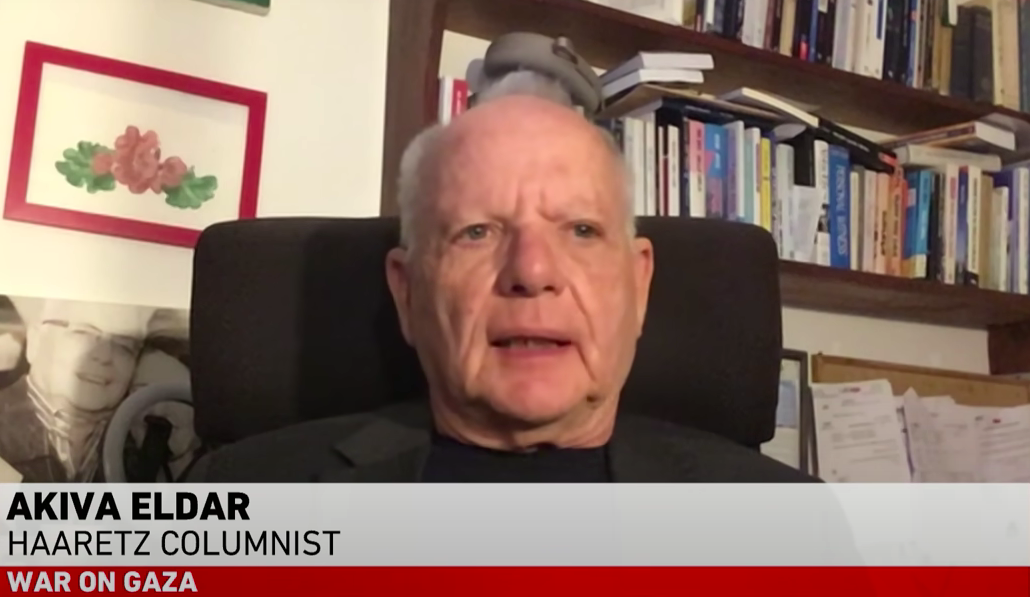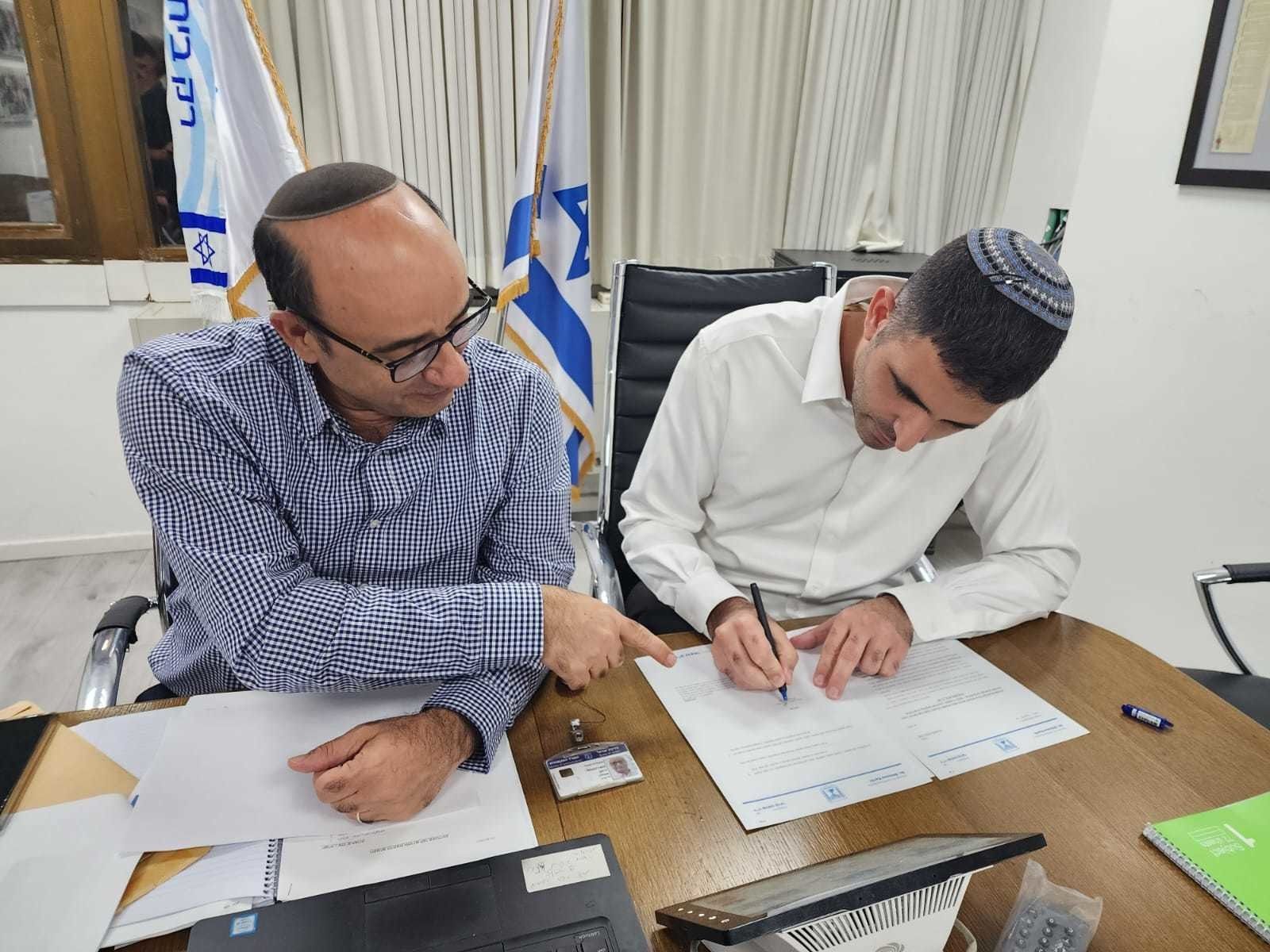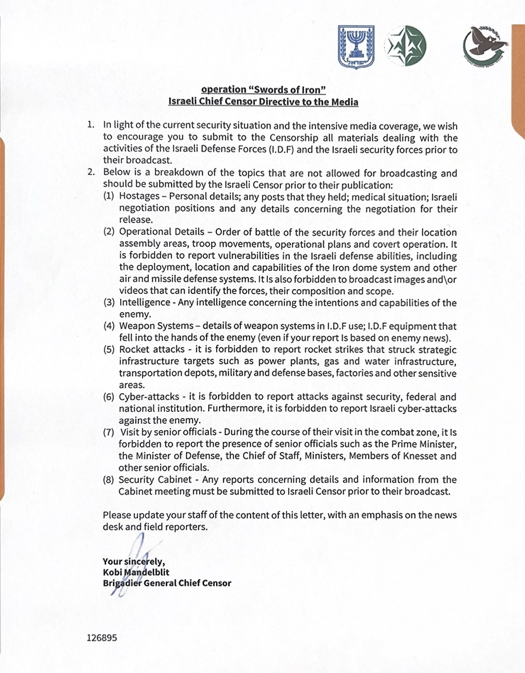One of the challenges during Israel’s obvious and blatant genocide of Gazans has been access from concerned global citizens to on the ground information, directly from Gaza.

In a situation where Israel has banned foreign journalists entirely from entering the Gaza Strip to report on the situation there, the usual media suspects are worthless. There have been embedded media PR tours—CNN (US) and ITV (UK) are two examples—when it suited Israel to use helpful mainstream media idiots to craft stories about invented HAMAS tunnels connected to hospitals.
With the advent of social media, Gaza has become the first livestreamed genocide in history, but the distributed nature of crowd-sourced content makes discovering and accessing it in a worthwhile way a significant barrier. Then there’s the question of which sources to trust, the fact that much of the content is in Arabic, the time it takes to sort through the sheer amount of disinformation created by people posting videos and images—from different conflicts, or from Gaza but at different times in its history—and the posted misinterpretation of basic realities by keyboard amateurs, who simply don’t understand the images they are looking at.
Enter Al-Jazeera

Al-Jazeera already had journalists in Gaza before October 7th, and as a result have been providing a vital collection of livestreams, raw footage, coverage of specific events, as well as features on various aspects of the unfolding Israeli military operation.
As there is no real conflict of interest with the Qatari government on this particular issue, their reporting on Gaza s accurate, matching both realities I have seen on the ground in Palestine and concurrent, third party reports directly from Gazans and international organizations who still maintain a presence there.
Today, Al-Jazeera English broadcast a report on new Israeli government restrictions on its media after the Israeli military censor released new directives during Israel’s Operation Swords of Iron (embedded below). The document, according to its directory filename on the Israeli government’s website, was created on 10 October 2023, just three days after HAMAS attacked Israel.
Al-Jazeera’s report is focused on an interview with Akiva Eldar, a journalist from Israel’s Ha’aretz newspaper, who noted at one point that, in reality, “it’s not needed because every Israeli journalist is a veteran soldier…and they know the rules. They have been part of this apparatus.”
“Until today,” Eldar told Al-Jazeera, “I haven’t seen any Israeli network interview a Palestinian woman, child or old people in the camps. And the reason is this isn’t what the customers want to see. And the media doesn’t want to antagonize their clients.”

Eldar also commented, in his opinion, that the Al-Jazeera network “is doing very balanced reporting from Gaza and Israel”, something I have emphasized in the News Sources section of this website, where you can find links to watch Al-Jazeera coverage in English.
A 17 October 2023 press release from the Israeli Ministry of Communications summarizing its activities since the start of the war included a point that:
Source: https://www.gov.il/en/departments/news/17102023
18. Efforts are underway to shut down the Qatari channel Al Jazeera, which is used for Hamas propaganda, incitement, and damage to the security of the State during the war.
That didn’t pan out. Al-Jazeera English and Arabic services continue to broadcast. Ha’aretz‘s Akiva Eldar’s comments make clear the channel remains available in Israel, over two months later.

Despite the fact that Israeli ministers have given interviews in the past to the Qatari-based channel, Netanyahu understands its potentially destabilizing power as the BBC of the Arab World. In a 23 March 2011 speech to the Israeli Knesset, referencing the Arab Spring, Netanyahu said:
“Come the 21st Century, with all the new technological power and information, not only with Al-Jazeera, through the internet and social networks that we are familiar with; and it hits these societies with a harsh blow; it exposed the citizens of these countries to what they had been missing. This caused a huge turmoil as these changes did not occur gradually, allowing for economic and political liberalism.”
What appears to have happened since early November is a back and forth within Israel, including legal consultations, for almost a month. Reuters reported on 13 November 2023 that:
Israel signalled on Monday it would hold off on a threatened closure of the local bureau of Al Jazeera, leaving the powerful Qatar-owned satellite station unmentioned in a government decision about emergency media regulations for the Gaza war.
The omission pointed to a balancing act by Israel, which has been angered by Qatari ties to its arch-foe Iran and Hamas, but is looking to Doha to persuade the Palestinian militant group to free scores of hostages held in the Gaza Strip.
Source: https://www.reuters.com/world/middle-east/israel-holds-off-threatened-shut-down-al-jazeera-locally-2023-11-13/

Lebanese satellite channel Al-Mayadeen was not so lucky. On the same day that Al-Jazeera got its reprieve, Al-Mayadeen was banned by emergency regulations approved by Israel’s Security Cabinet, which gave the Minister of Communications the “liberty to order, by decree, to shutter offices, confiscate broadcasting equipment and block the use of various communications infrastructure…”
The Minister of Communications Dr. Shlomo Karai, stated: “Israel is at war. On land, in the air, at sea, in cyberspace, in the electromagnetic spectrum and in the public awareness arena. Broadcasts such as those identified with the enemy, while impacting the security of the state, deserve to be blocked. The Al Mayadeen channel broadcasts and its reporters serve the despicable terrorist organizations and the time has come to settle matters with them.
Source: https://www.gov.il/en/Departments/news/13112023

Censorship by other means
One of the most difficult parts of this conflict is to watch the incredible number of journalists killed while reporting in Gaza. According to the Committee to Protect Journalists:
More journalists have been killed in the first 10 weeks of the Israel-Gaza war than have ever been killed in a single country over an entire year, according to CPJ data. By December 20, 2023, at least 68 journalists and media workers had been killed since the October 7 start of the conflict. Of those 68, 61 were Palestinian, four Israeli, and three Lebanese.
Source: https://cpj.org/2023/12/journalist-casualties-in-the-israel-gaza-conflict/
On 23 December 2023, Al-Jazeera reported the government media office in Gaza’s updated tally:
“At least 100 journalists have been killed… More than 50 media premises or offices in Gaza have been completely or partially destroyed by Israeli attacks… media workers were also forced to abandon their reporting equipment in offices in the north to live and report under difficult conditions amid frequent communication blackouts.”
Source: https://www.aljazeera.com/news/2023/12/23/gaza-media-office-says-100-journalists-killed-since-israeli-attacks-began
Document: Operation “Swords of Iron” – IDF Chief Censor’s Directive to the Media
Despite Eldar’s comment that functionally, these “new” regulations issued on October 10th mean “nothing new”, they do give some insight into issues of peaked concern to the Government of Israel at the outset of the war.
A summary of the eight topics requiring clearance from the Israeli military censor before publication follows below:
- Hostages – No personal details, posts they held, medical situation, Israeli government negotiating positions, or details about the negotiations. Obviously this stipulation has opened up since the regulation was issued on October 10th.
- Operational Details – This covers the usual military secrecy stuff pertaining to Israeli army movements and capabilities, none of which is surprising or controversial.
- Intelligence – No intelligence about the “intentions or capabilities” of HAMAS can be published. In addition to the obvious need for not reporting HAMAS’s “intentions” so as to tip it off on the occasions that the IDF knew its plans, the “capabilities” part could also reflect a domestic concern. The scale of October 7th was unprecedented and rattled Israel to the core. Israel had previously treated the group as a relatively minor threat to the entirety of Israel’s national security. The last thing Israel would want is the spectre of a heavily-armed group it should know by now can not be defeated by conventional warfare.
- Weapons Systems – The part referring to “details of weapons systems in I.D.F. use” is straightforward enough but the mention of “I.D.F equipment that fell into the hands of the enemy” seems, as in #3 above, to reflec domestic “Keep calm and carry on”-type concerns.
- Rocket Attacks – This could be translated that it is forbidden to report on successful HAMAS rocket attacks.
- Cyber Attacks – A blanket restriction on reporting both incoming and outgoing cyber attacks. The later is of interest, as one can only imagine the scope of what is possible these days.
- Visit by Senior Officials – No reports about combat zone trips by Netanyahu and other Israeli officials to Gaza that aren’t approved media visits.
- Security Cabinet – Israel’s security services are notoriously leaky because everyone’s been in the military, so things that technically shouldn’t be shared often are. In the case of a journalist receiving internal information from any of Israel’s ‘War Cabinet’ meetings, this is the only one in the list that mentions submission to the Israeli military censor a second time.

Scottish OG from the time of the First Palestinian Intifada and the birth of the international movement of solidarity with the Palestinian people • Author of one of the first blogs/first warblog— A Personal Diary of the Israeli-Palestinian Conflict (1994-1998) • Former Friends of Birzeit University (FoBZU) Coordinator • Former Birzeit University Public Relations Officer and Webmaster • Co-creator of the first independent media website in 1996— On the Ground In Ramallah: Reports from a town become battlefield • Cofounder and Editor of the original Electronic Intifada website • Day producer for Global Revolution’s news channel during #OccupyWallStreet, which introduced the world to the crowd-sourced power of livestreaming • Creator of countless websites for pro-Palestinian and nonprofit organizations around the world via nigelparry.net


